The premise of a legacy drag venue anywhere, let alone in the United States, isn’t something we can take for granted. That Darcelle XV Showplace opened in Portland, Oregon in 1967 under its eponymous owner, the legendary Portland drag queen Darcelle XV, née Walter Cole, and remains open to this day is just short of a miracle. Darcelle XV Showplace, known as Darcelle’s, was the first LGBTQ+ history site in Oregon added to the National Register of Historic Places in 2020. According to the National Parks Service, “as a nightclub and drag venue, the aesthetic of Darcelle XV Showplace reflects the improvised, low-budget, and self-reliant illusion of glamour that resulted from its development during the late 1960s and early 1970s when drag was celebrated mostly behind closed doors due to gay discrimination and the threat of harassment.”
When Darcelle passed in 2023, at one point named the World’s Oldest Drag Queen in the Guinness Book of World Records, the venue faced some uncertainty. This was despite, as the National Parks Service shared, its status in 2020 as “one of only two known drag clubs open prior to 1970 in the United States with an owner who performed (and is still performing!) as part of the company.” After Darcelle’s passing, however, business at the club had become slow and attendance had waned; could it stay open? As of last week, however, its future remains much brighter: under new ownership, the club shares, its life will continue.
It had been Darcelle’s wish that the club’s life would continue after her passing. The new owner of Darcelle’s is Jeremy Corvus-Peck, himself a drag artist of over 30 years, an Air Force veteran, and an Oregonian business-owner, who purchased the club from Darcelle’s children. “His goal to honor the history of the club while moving us forward with innovation and creativity is highly anticipated by the current cast and crew,” the club shared on Instagram. “His desire to honor the legacy of Darcelle XV stems from their longtime friendship.” As of now, the club remains “the longest-running drag cabaret on the West Coast.”
Darcelle’s is a long beloved Portland institution and a foundation of drag history in the U.S. It’s fitting, too, then, that a new plaza is being built in the city honoring the legacy of both Darcelle herself and the club. A groundbreaking was held last July, and “early drawings show the new park will have a stage, a public art space and ‘wall of fame’ for notable LGBTQ Portlanders,” Oregon Public Broadcasting reported last year. According to updates from the Portland Parks & Recreation department, as of January 2025, underground work is scheduled to be completed on time and sidewalks will begin pouring thereafter.
That the club’s life will continue and that the plaza will honor Darcelle’s life and contributions is a huge win for LGBTQ+ history in Portland and in the U.S., especially when drag faces direct opposition from the standing current presidential administration. Because of venues like Darcelle’s and owners like Cole and now Corvus-Peck, drag and drag history have become cemented as part of American life–it’s not going anywhere.
Follow Darcelle XV Showplace on Instagram to stay updated.




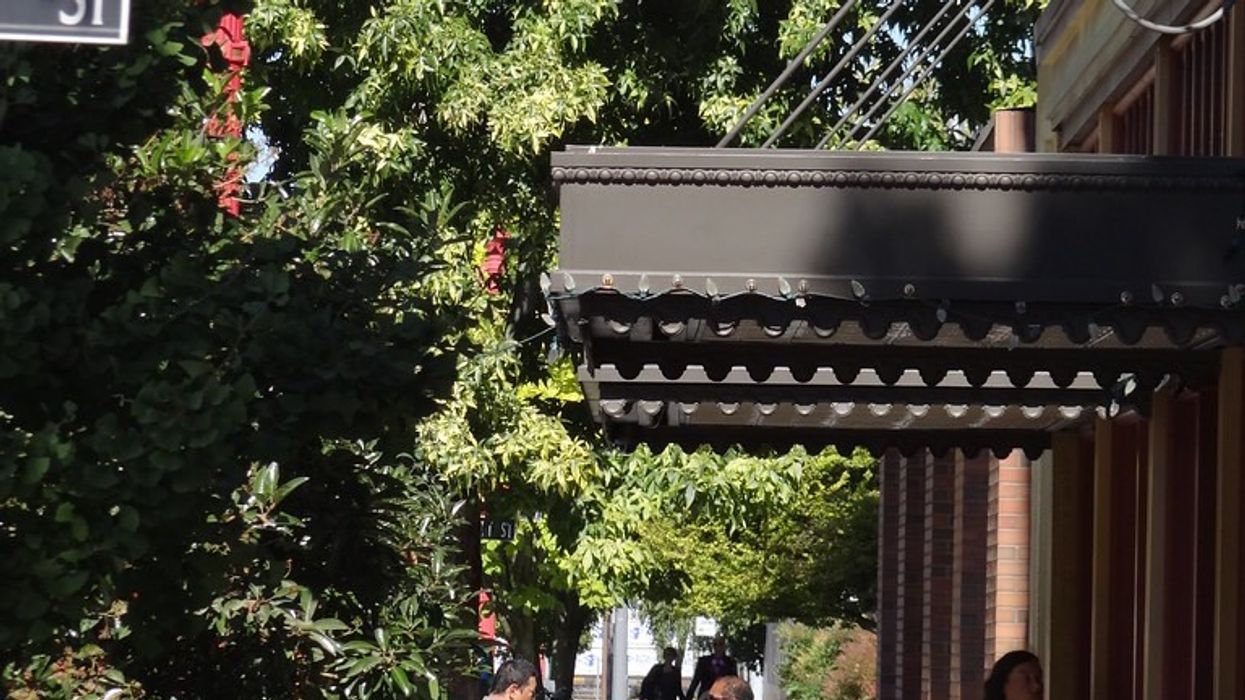


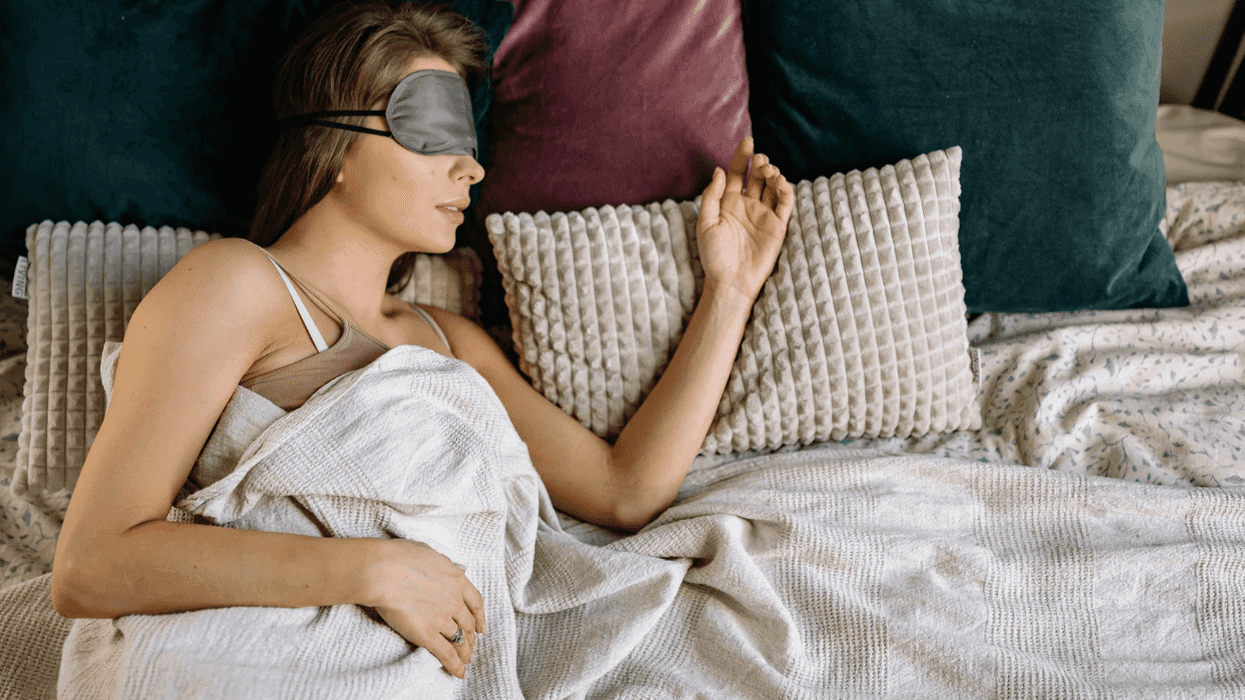
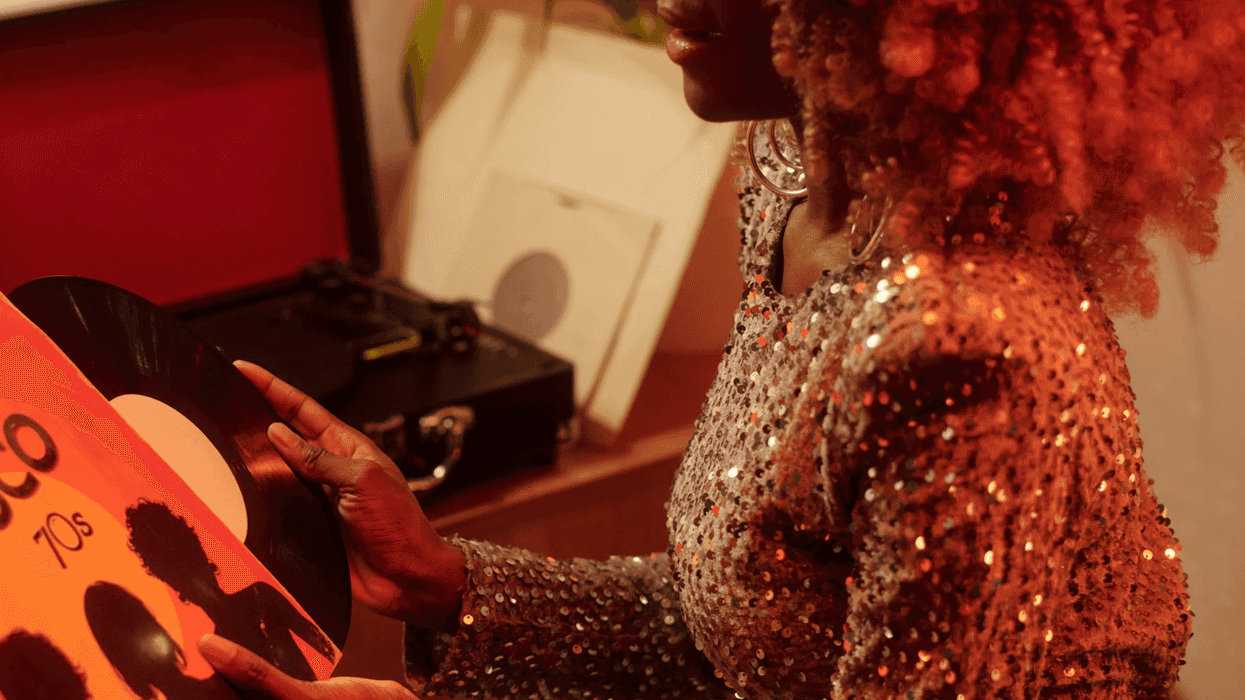









 Female groundhog emerging from her burrow in late January.Stam Zervanos, Author provided
Female groundhog emerging from her burrow in late January.Stam Zervanos, Author provided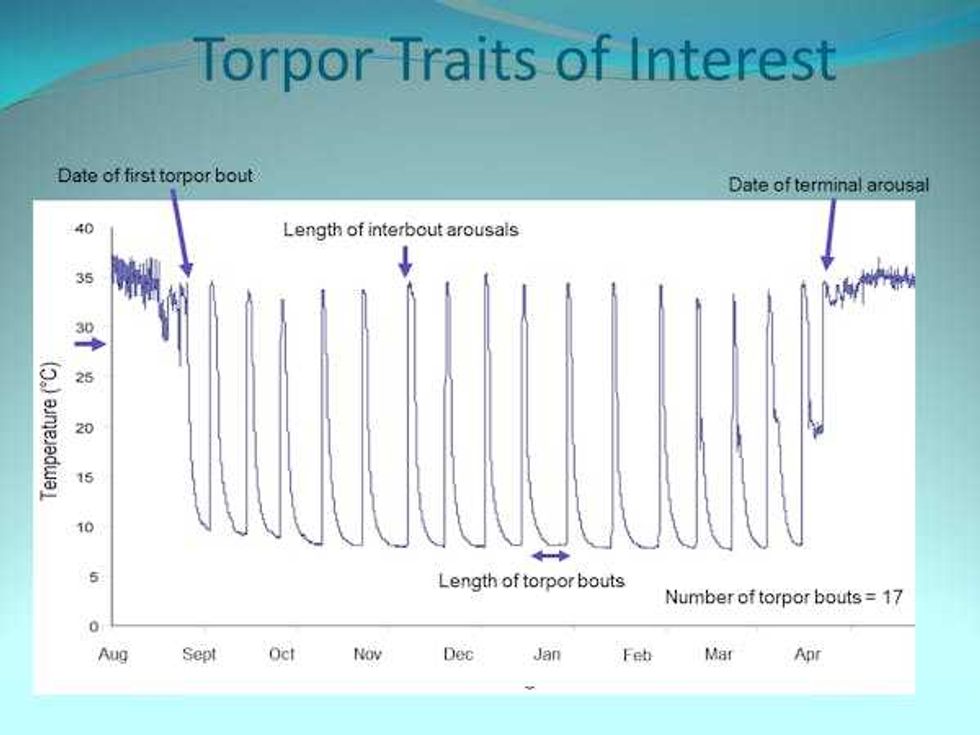 This Maine groundhog had 17 torpor bouts where body temperature went up and down.Stam Zervanos, Author provided
This Maine groundhog had 17 torpor bouts where body temperature went up and down.Stam Zervanos, Author provided Male groundhog (on the right) greeting a female groundhog for the first time after they emerge from their separate burrows.Stam Zervanos, Author provided
Male groundhog (on the right) greeting a female groundhog for the first time after they emerge from their separate burrows.Stam Zervanos, Author provided
 A beluga whale frolicking in the oceanCanva
A beluga whale frolicking in the oceanCanva 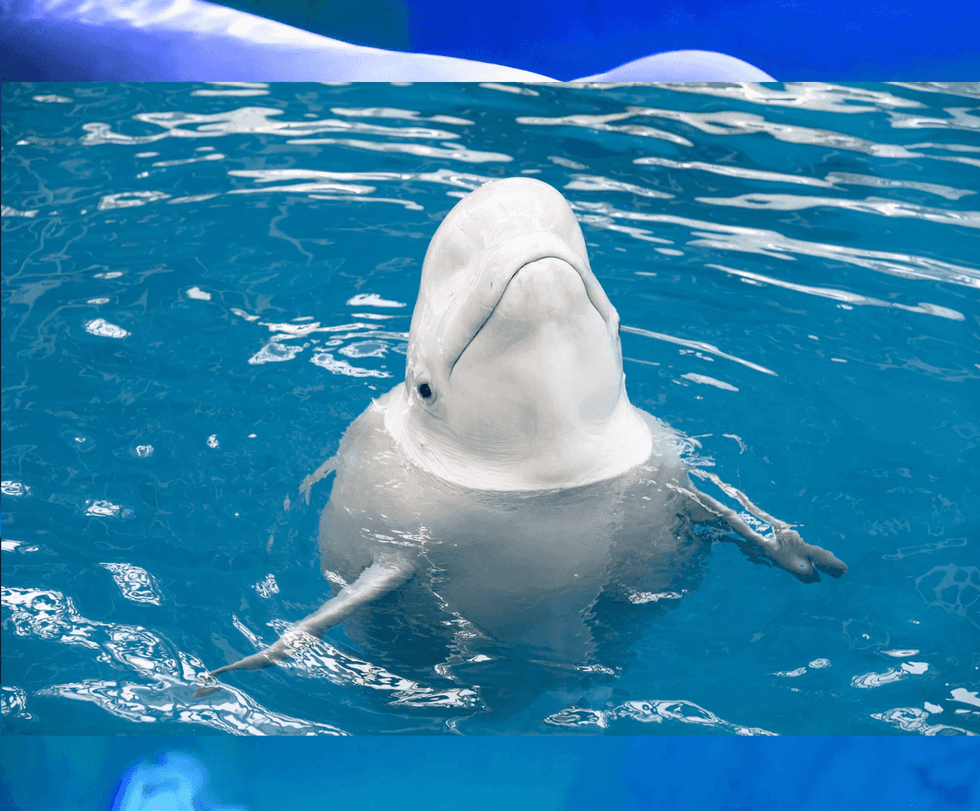 A beluga whale pops up from the waterCanva
A beluga whale pops up from the waterCanva 
 A woman sits in a new car at a dealershipCanva
A woman sits in a new car at a dealershipCanva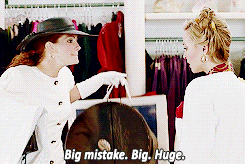 GIf from 'Pretty Woman' of Roberts saying "BIg mistake. Big. Huge." via
GIf from 'Pretty Woman' of Roberts saying "BIg mistake. Big. Huge." via 
 People voting. Photo credit:
People voting. Photo credit:  Young women rally. Photo credit:
Young women rally. Photo credit: 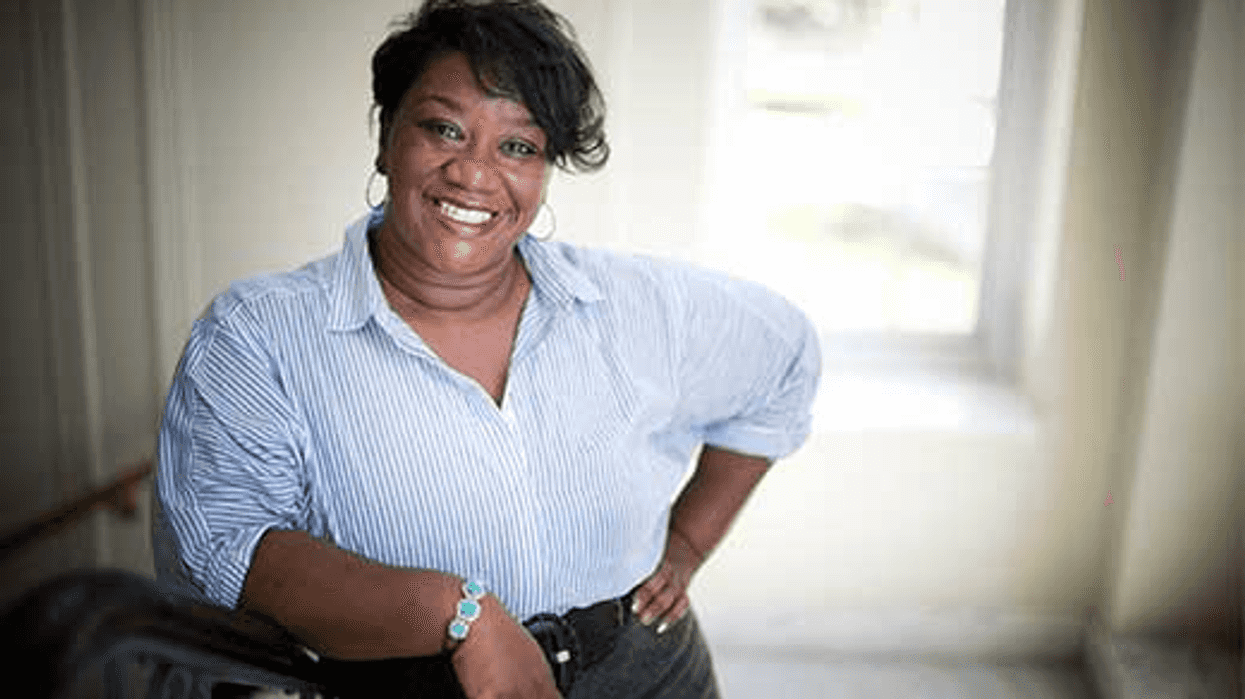 Tressie McMillan Cottom.Tressie McMillan Cottom/
Tressie McMillan Cottom.Tressie McMillan Cottom/ 
 Honorable J. Cedric Simpson at work in the courtroom.Image from
Honorable J. Cedric Simpson at work in the courtroom.Image from 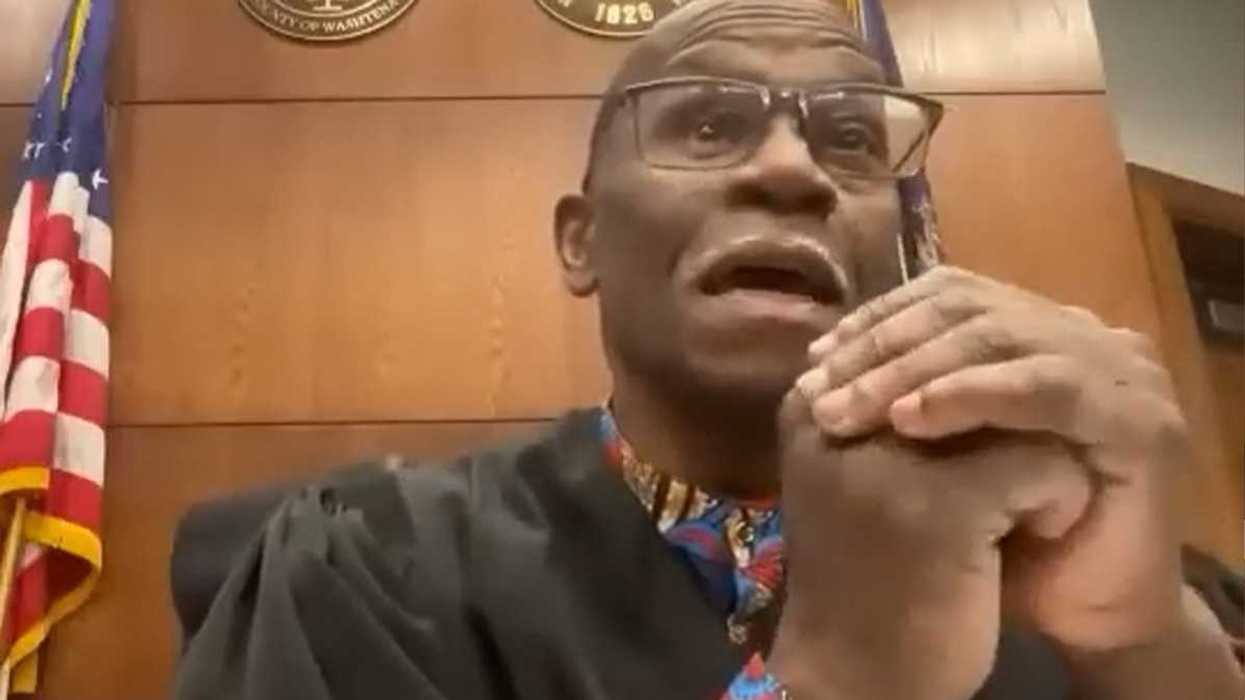 A close up of Judge Simpson.Image from
A close up of Judge Simpson.Image from 
 Siblings engaging in a pillow fightCanva
Siblings engaging in a pillow fightCanva